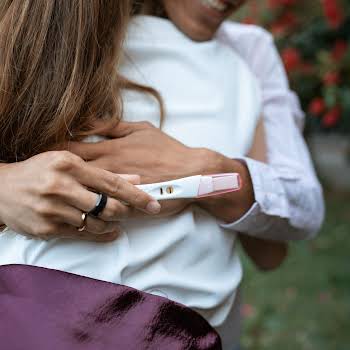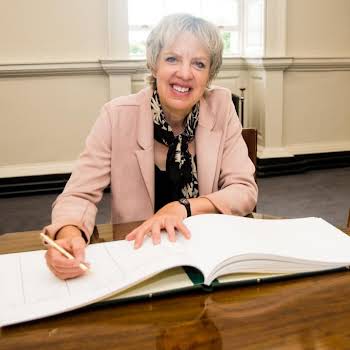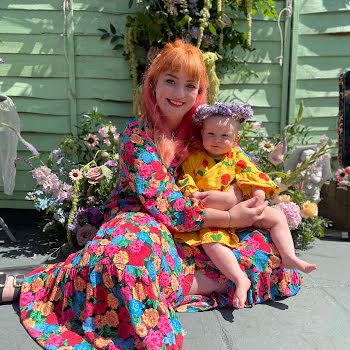
Sponsored
Recurrent miscarriage: What’s normal, what causes it and what to do
Sponsored By

By IMAGE
Sponsored By

Dr Karen Flood is a consultant obstetrician and gynaecologist and runs the miscarriage clinic in the Rotunda Hospital, Dublin. Here, she speaks to Jennifer Stevens about recurrent miscarriage.
How many miscarriages in a row is out of the normal range?
We consider recurrent miscarriages (three or more), which occurs in two to three per cent of couples, to be outside of the normal range. This is more than expected based on statistical “chance” alone, and so this is the usual threshold we use to evaluate for other causes.
However, I also tend to investigate women over 38 years old with a history of two miscarriages, usually with the basic blood investigations to provide reassurance. The diagnosis of miscarriage has increased as women are performing earlier, more sensitive pregnancy tests.
Advertisement
Is there often no reason?
The investigations explore genetic, hormonal, clotting and anatomical factors, and we tend to reserve investigations to those that are evidence-based. However, no cause is found in over 60 per cent of couples evaluated. It is important to realise also that not every miscarriage occurs for the same reason, and there is always a “chance” element in the background.
Part of the assessment is to see if there is a clear pattern suggesting a particular aetiology. Some couples proceed with more advanced reproductive methods, especially if subfertility has also been an issue. There is ongoing research and focus towards the role of the other autoimmune factors such as “natural killer cells”. This topic is controversial and warrants more research; however, I do believe that it is a factor for some couples.
How important is hope? Should people know that most people get there in the end?
I have been running the Recurrent Miscarriage clinic in the Rotunda Hospital for over five years now. As part of my service, we provide early reassurance scans and support to the couples we have investigated. It is great to see the happy outcomes for the vast majority of couples that have experienced such a distressing time in their lives.
Hope is so important, and we need to talk more about the positive outcomes that occur. I see a great part of my role is to be that positive force – to reassure couples on their journey.
Advertisement
What should people dealing with multiple miscarriages do in terms of referrals and help?
Most of the large maternity hospitals have a referral pathway for people experiencing multiple miscarriages. We have an internal referral pathway within the Rotunda; however, we also see patients referred externally by their GP. I also recommend that patients make contact with The Miscarriage Association of Ireland to access local support services.
This piece was originally published in IMAGE Magazine























